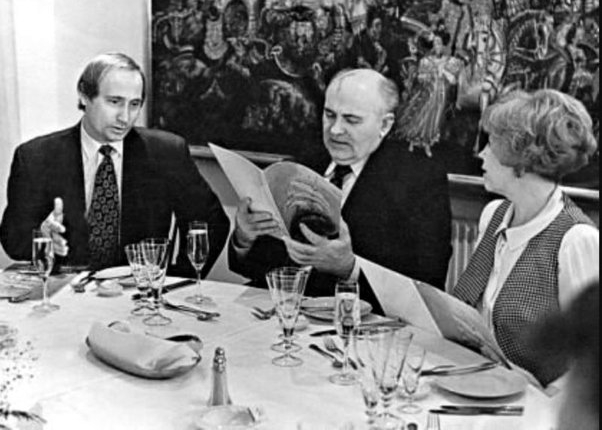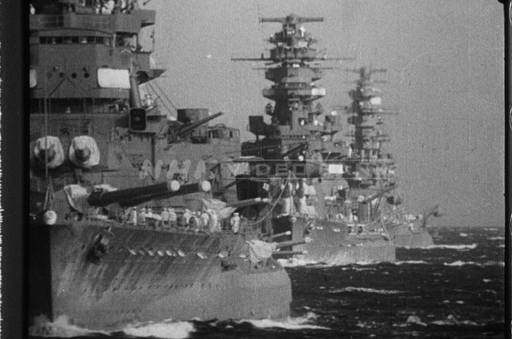

Why is Mikhail Gorbachev so well thought of in the West and so badly thought of in Russia?
Why is Mikhail Gorbachev so well thought of in the West and so badly thought of in Russia? Mikhail Gorbachev is viewed differently in the West and in Russia largely because of the differing impacts of his policies on each region.
In the West:
Gorbachev is admired for his role in ending the Cold War and promoting greater openness and reform in the Soviet Union. His policies of glasnost (openness) and perestroika (restructuring) are seen as pivotal in reducing tensions between the Soviet Union and Western countries. He also played a significant role in allowing the countries of Eastern Europe to gain independence without military intervention, leading to the eventual collapse of the Soviet bloc. His efforts to democratize and liberalize the Soviet system are widely credited with preventing a violent confrontation between the superpowers, earning him the Nobel Peace Prize in 1990.
In Russia:
Many Russians, however, view Gorbachev’s policies as leading to the collapse of the Soviet Union, a significant and traumatic event for many. The fall of the USSR resulted in severe economic hardship, a loss of national pride, and political instability. The rapid economic liberalization that followed led to the “wild 1990s,” a period marked by hyperinflation, poverty, and the rise of oligarchs. Many Russians blame Gorbachev for initiating these changes without fully considering their consequences. The loss of superpower status, as well as the chaotic transition to a market economy, left many people with a sense of betrayal and nostalgia for the stability of the Soviet era.
Thus, while the West sees Gorbachev as a reformer who helped bring about greater freedom and global peace, many in Russia see him as responsible for the loss of their country’s status and the hardships that followed the Soviet Union’s dissolution.




